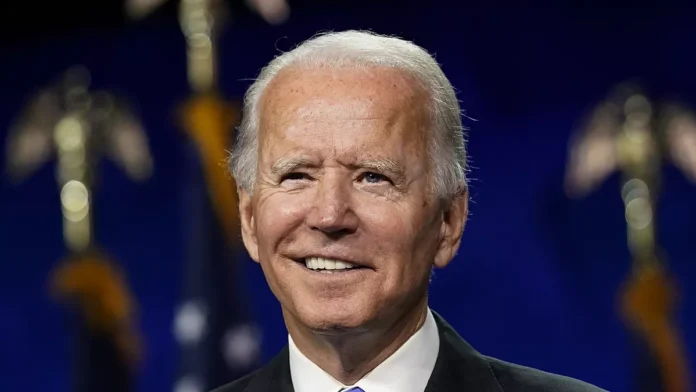President Biden Moves to Triple Tariff Rates on Chinese Steel and Aluminum
President Joe Biden has announced plans to triple the rates of tariffs on steel and aluminum from China. This decision comes as a response to pressure from labor unions concerned about the survival of the U.S. steel industry, which has been heavily impacted by Chinese exports flooding global markets.
During an address to the United Steelworkers Union in Pittsburgh, President Biden called on his United States Trade Representative, Katherine Tai, to consider tripling the existing 7.5% average tariff rate on Chinese steel and aluminum under Section 301 of the Trade Expansion Act.
This move by President Biden is reminiscent of the trade policies of former President Donald Trump, who frequently raised tariffs on Chinese goods during his tenure. Lael Brainard, the White House Director of the National Economic Council, highlighted that China, as the world’s largest steel producer, is flooding global markets with steel at artificially low prices, undercutting American steel that adheres to stricter environmental regulations.
Protecting American Manufacturing and Workers
Brainard emphasized that while President Biden recognizes the need to invest in American manufacturing, it is also crucial to protect these investments and workers from unfair exports associated with China’s industrial overcapacity. The goal of the higher tariffs is to create a more level playing field against China’s unfair trade practices and safeguard American jobs in the steel industry.
Chinese steel exports are priced approximately 40% lower than U.S. exports, which has put the American steel industry at a significant disadvantage. By implementing higher tariffs, the Biden administration aims to address this disparity and protect domestic steel producers.
It is worth noting that the higher tariffs will apply to Chinese steel and aluminum imports that were not subject to the 25% tariff imposed by the Trump administration under Section 232 of the Trade Expansion Act. This existing tariff remains in place for certain steel imports.
The Impact on Inflation and U.S. Steel Industry
Despite concerns about potential inflationary effects, the White House does not believe that raising steel tariffs will further contribute to inflation. The U.S. steel industry has already been facing challenges, including the planned $14.9 billion sale of Pittsburgh-based U.S. Steel to Japanese-based Nippon Steel Corporation. President Biden publicly opposed this sale, expressing concerns about its impact on American jobs and national security.
The United Steelworkers Union, which also opposes the sale, endorsed President Biden’s reelection bid shortly after he announced his opposition. This move to increase tariffs on Chinese steel comes just one week after Treasury Secretary Janet Yellen’s meeting with Chinese leaders in Beijing. Secretary Yellen conveyed the U.S.’s concerns about China’s weak household consumption and business overinvestment, highlighting the risks they pose to workers and businesses in the United States and the rest of the world.
While it is currently unclear when the higher Chinese steel tariffs will go into effect, the U.S. tariffs imposed under Section 301 are nearing the conclusion of a statutory four-year review.

